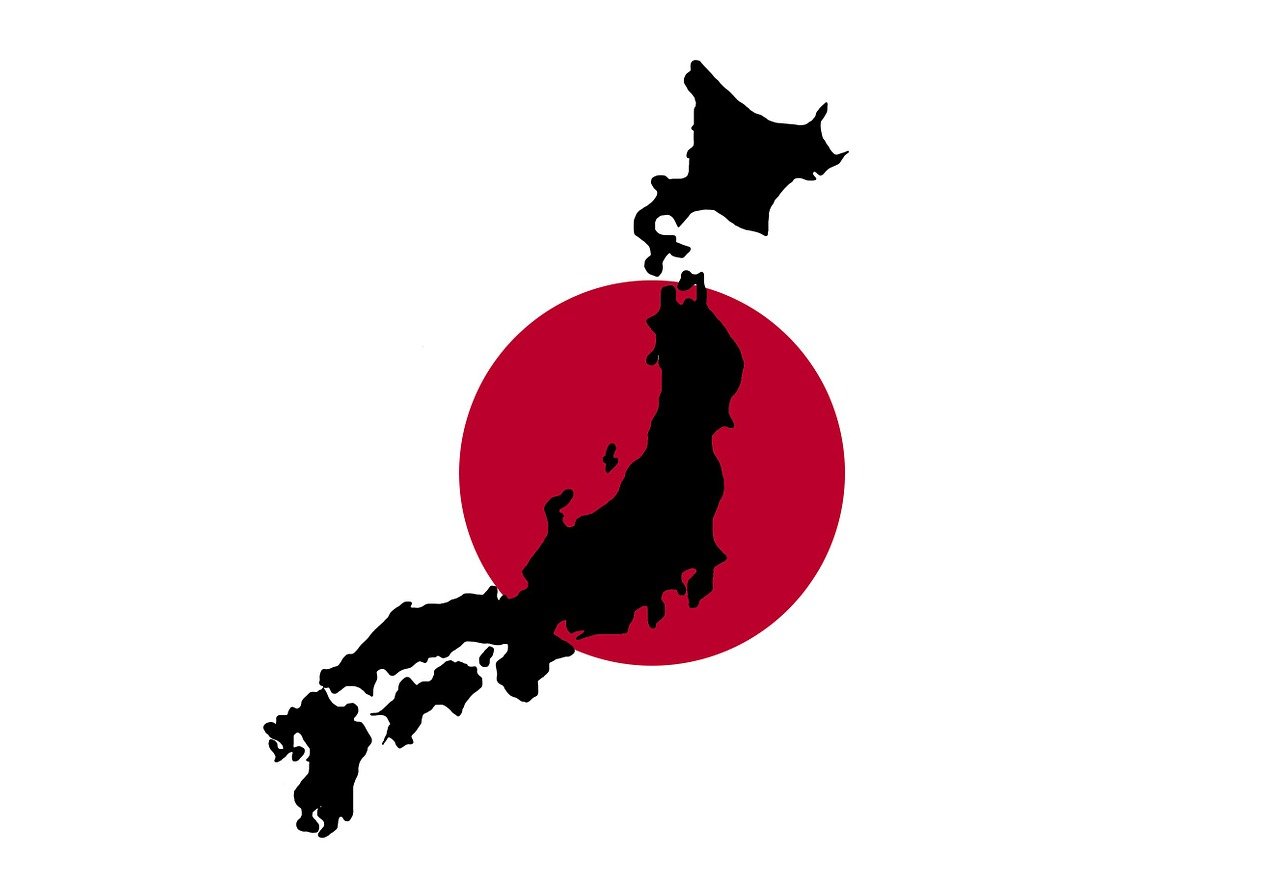International surveys show that Japanese products have the highest quality perception among global consumers, with a satisfaction rate of 38.5%. Indeed, after Germany and Switzerland, Japanese-made products have established a strong reputation for quality, particularly in electronics, home appliances, automobiles, and optical equipment. So, what makes “Made in Japan” so successful and well-regarded? Beyond the often-cited “craftsmanship spirit”( 職人精神 shokunin seishin/匠の心 takumi no kokoro) , it’s the combined influence of history, environment, society, and industry that has driven this outcome. Just like the stability of a building doesn’t rely solely on the last brick, multiple factors contribute to Japan’s success.
One Reason for the Exceptional Quality of “Made in Japan”: Support from National Industrial Policies
Japan was one of the first Asian countries to industrialize, starting with labor-intensive industries, particularly textiles, before World War II. As the economy grew and labor costs increased, these industries gradually moved to countries with lower labor costs, such as South Korea, Taiwan, China, and Southeast Asia. Japan shifted its focus to knowledge-intensive industries. With government support, Japan gradually concentrated on technology-driven sectors like precision machinery, electronics, automotive manufacturing, chemicals, and medical devices—industries that demand high levels of technology, research and development, and innovation, becoming key pillars of the Japanese economy.
Another Reason for the Exceptional Quality of “Made in Japan”: Corporate Decision-Making
As an island nation with a dense population but limited land, Japan fosters a strong sense of crisis among its citizens. This awareness influences daily life and corporate decision-making. To avoid being outpaced in the market, Japanese business leaders believe it’s essential to master core technologies in their fields. Even after acquiring these technologies, they continually strive for improvement, adhering to the motto, “there’s no best, only better.”
A Third Reason for the Exceptional Quality of “Made in Japan”: The Influence of American Statistician William Edwards Deming on Quality Management
To achieve quality goals, effective systems are necessary, in addition to national policies and managerial support. Here, we must mention Dr. William Edwards Deming, an American statistician. In 1950, he was invited to Japan to teach quality management at a time when Japanese manufacturers urgently needed to improve product quality to compete with the United States. Deming introduced statistical methods and emphasized the importance of training not just technical staff but also top management. As a result, Japanese companies quickly adopted Deming’s concepts, significantly enhancing product quality and production efficiency through methods like the PDCA (Plan-Do-Check-Act) cycle. To this day, these methods remain standard practices among Japanese business leaders.

Dr. Deming’s lecture in Japan in 1950.

A Fourth Reason for the Exceptional Quality of “Made in Japan”: Japan’s Corporate Structure
With national policies, corporate strategies, and quality management systems in place, cooperation from frontline employees is also crucial. Japan’s seniority-based wage system and lifetime employment policies create a strong sense of belonging among employees, making them more willing to contribute to the team. The diligence and sense of responsibility of frontline workers facilitate the smooth implementation of quality management initiatives. Additionally, Japan’s corporate culture emphasizes accountability and teamwork, with rigorous quality expectations from top to bottom. The focus on training and education—especially in technology and quality control—ensures employees have the skills needed to produce high-quality products, enhancing overall competitiveness.
Overall, these factors combine to make Japanese products renowned for their high quality and functionality, leading to consistent sales and consumer loyalty.
In conclusion, the success of “Made in Japan” stems from a commitment to high-quality production, exceptional after-sales service, and the collective efforts of employees at all levels, from the government to individual companies. This achievement wasn’t realized overnight; it is the result of ongoing improvement and dedication over many years.

